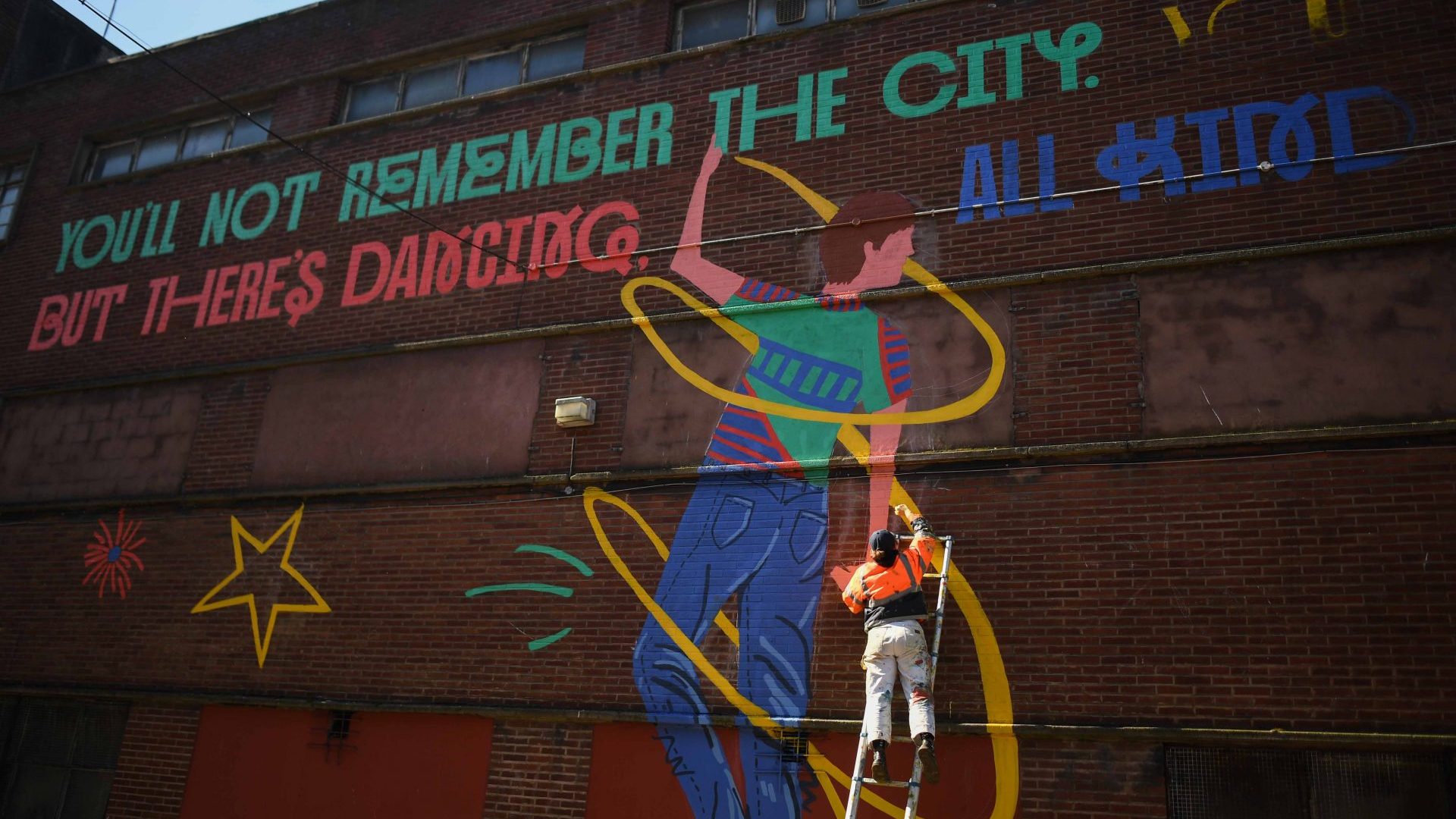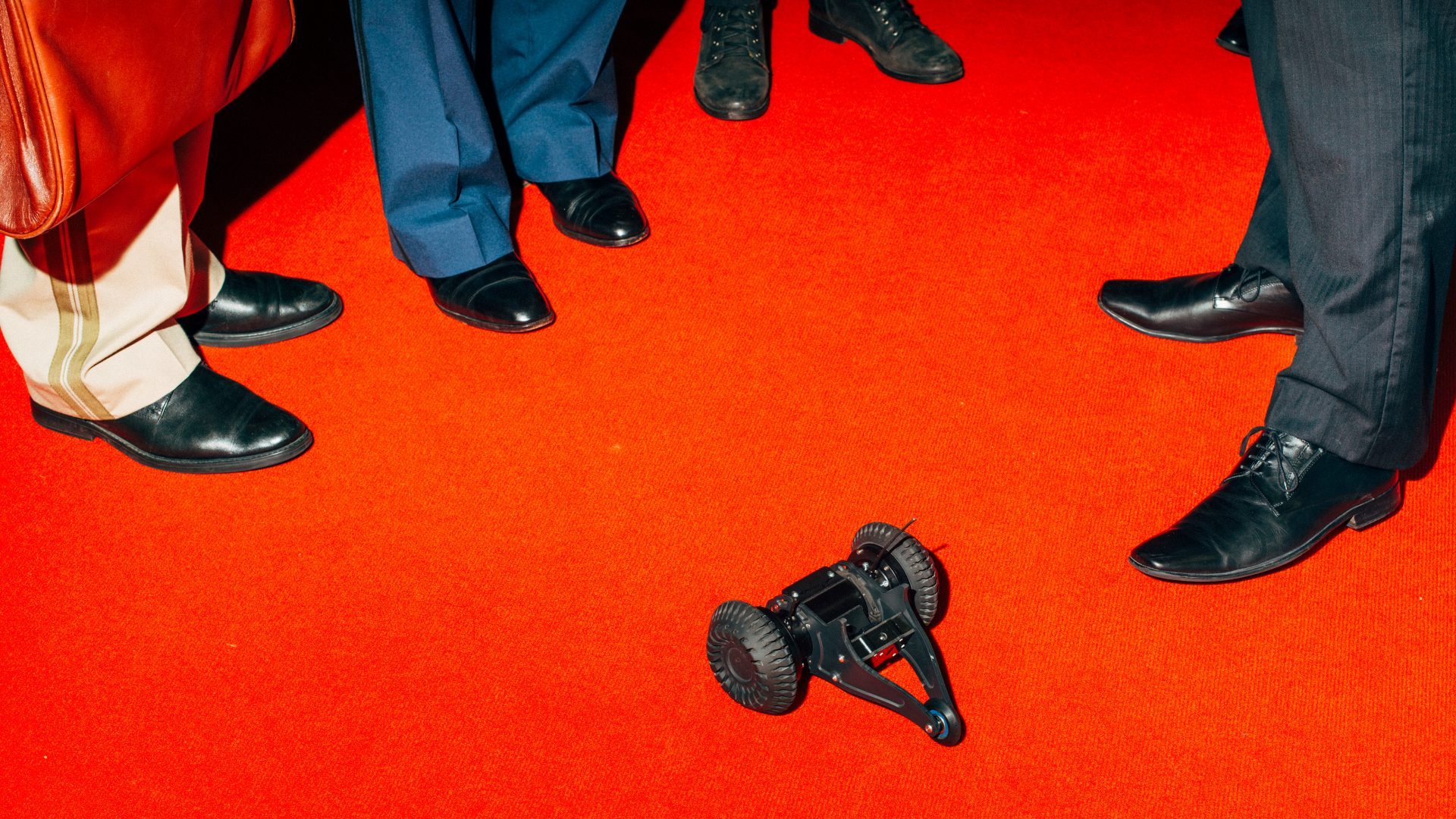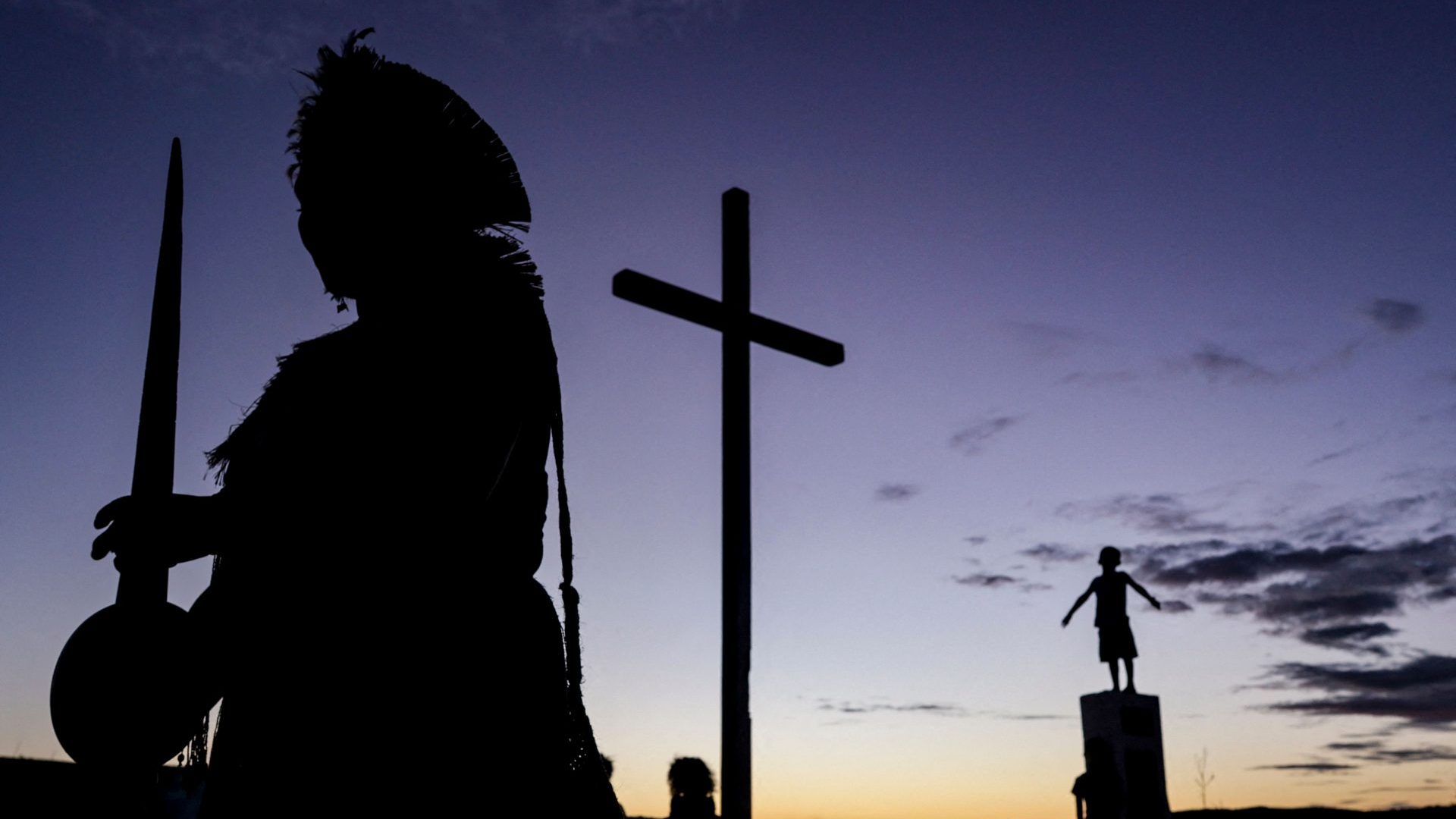It can be difficult to gauge the effects of cuts to arts funding for the simple reason that you can’t see absence.
Theatrical productions not staged, art exhibitions that never open, the kid from an underprivileged background who will never take up the musical instrument that would have changed their life: we cannot put names to them, there are no reviews to consult or programmes to peruse, no memories forged or passions piqued. They just didn’t happen.
The cancellation of this year’s Aye Write literary festival in Glasgow is a different matter. That did exist. Arguably the second most significant book festival in Scotland after the Edinburgh International Book Festival, Aye Write should have been taking place over a couple of weeks in the second half of May with its customary mix of household names, genre notables and writers just setting out on their authorial journeys.
The 2023 festival had encompassed 120 different events and workshops in a 10-day celebration of writers and writing, readers and reading. The intimacy evoked by books between their creators and their audience was made tangible in talks, interviews, panel discussions and chats at the signing table.
Aye Write had battled through the pandemic and a forced change of venue, and in the run-up to this year’s event was going from strength to strength.
At the end of last month, however, with the 2024 festival just weeks away, its organisers, the council-backed arts body Glasgow Life, announced that Aye Write would not take place this year as their funding application to Creative Scotland had been turned down.
With Aye Write having been backed by Creative Scotland since the festival’s inception in 2005 the decision stunned everyone, not least some of Scotland’s biggest literary names.
Crime writer Val McDermid called the news “profoundly depressing” and lamented that Glasgow apparently “cannot sustain a book festival”. Former first minister and vocal advocate of reading Nicola Sturgeon, who had appeared at last year’s Aye Write, called the decision “really bad news… Books, culture generally, are so vital to our wellbeing and never more so than in the troubled times we live in today. Book festivals are opportunities to celebrate the wonder of literature and those who create it. We must not lose that”.
Booker Prize winner Douglas Stuart placed the cancellation in the wider picture of a crisis in Scottish arts funding. “I have watched in horror as Scotland has haggled over funding for the arts, has closed her libraries, and now has allowed the cancellation of a major literary festival in her largest city,” he said.
Glasgow Life had applied for £77,500 to fund both Aye Write and its smaller-scale sibling the Wee Write, which celebrates children’s and Young Adult literature. That is a significant amount of money whichever way you look at it, but when weighed against what Aye Write achieves it represents extraordinary value.
Last year 175 writers travelled from near and far to appear at the festival in a roster compiled from almost every section of the bookshop. Ticket prices were set at a level designed to draw as inclusive an audience as possible to a venue – usually the sumptuous Victorian Mitchell Library until restoration work there forced a temporary relocation last year to the Glasgow Royal Concert Hall – that was central and easily accessible.
It isn’t just about numbers, however, although they are impressive enough. Aye Write also scores in its unpretentiousness and intimacy.
While its Edinburgh counterpart has in recent years developed a corporate slickness – its announcement last week of a change of venue contained words and phrases like “strategic plan”, “exponential” and the profoundly irritating “disrupt”, for example – Aye Write, despite its size, retains a warmth and informality that help to foster a genuine sense of community among its staff, authors, volunteers and audience.
I should declare a small interest here, having appeared at Aye Write in the past as an author and as an event chair, but even if that were not the case I would be just as disappointed by its cancellation.
Creative Scotland obviously has to make difficult funding decisions and the reasons behind Aye Write’s rejection this year could be varied and many. There is a limited amount of money to go round and the number of projects applying goes up every year. I am sure it was not a decision taken lightly.
For one thing, there is a £6.5m hole in Creative Scotland’s budget after its own funding was cut. The Scottish government promised to make up the shortfall after a campaign by the Scottish arts community last year but then backtracked on the commitment in its most recent autumn statement.
First minister Humza Yousuf hinted last week that the Scottish government may yet step in and help save Aye Write, praising it at First Minster’s Questions as a fantastic festival. “Anybody that has had the pleasure of being able to attend this event in the past knows the value that it brings not just to the city, but indeed I would suggest to the country as a whole”.
Yet any government in the UK, central or devolved, can only sound a little mealy-mouthed given the glaring lack of institutional support given to cultural pursuits, an area where Britain exercises a disproportionately large amount of global soft power that far outstrips the levels of investment the sector receives.
The source of this chronic underfunding can be found, of course, in Westminster. This is the only form of trickledown economics that works, even if it is the exact reverse of the effects trumpeted by its proponents.
When you’ve slashed public sector funding across the board then eventually those cuts are going to reach down as far as the cancellation of a much-loved cultural event with a wholly positive influence on a diverse community that transcends figures on a balance sheet.
The unreconstructed, dimwitted philistinism of this Conservative government over the last 13 years has resulted ultimately not just in the cancellation of Aye Write. Suffolk County Council was forced to scrap its entire arts budget this year, for example, while earlier this month the education secretary Gillian Keegan announced measures that have halved funding for creative and performing arts university courses.
When you have a government tangibly baffled by the concept of disbursement of funds that understands only their accumulation and retention, then the flagships that make us the presence we are on the global stage, that make us different – from the NHS to the BBC to our massive global contribution to arts and culture – are bound to founder.
Unless there is a significant attitudinal change now, the damage done by the financial starvation of the arts will be irreparable.
Quoting figures like the 63% reduction in the Arts Council of Northern Ireland’s government grant since 2010, or the 83% of UK councils who have cut spending on arts and culture in the same period, can never adequately express the real-world damage being done in the United Kingdom.
Paradoxically, huge budget cuts are harder to harness opposition against without seeing the specific real-world effects of their outcomes.
Aye Write is a visible absence this year. Glasgow Life was informed of the decision too late to appeal and too late to source alternative funding. The festival was all but organised; authors had accepted invitations and were preparing their events, hotel bookings had been made and travel arranged.
Audiences were awaiting the announcement of the schedule, a highlight of their reading year marked on calendars across Scotland.
£77,500 is, in the great scheme of these things, a modest amount of funding for an event the size and scope of Aye Write. The return on that funding would have been incalculable, albeit in ways not seen on a balance sheet.
Every literary festival, from behemoths like Aye Write to weekends in draughty rural community halls, is important, created by the hard work and commitment of the organisers, the enthusiasm of the audiences and willingness of authors to attend.
Festival appearance fees remain modest and are not enough in themselves to entice people to appear, yet Aye Write could still pull in the big names thanks to a reputation carefully built over almost two decades and the warmth and friendliness of its atmosphere.
There are not many events where you would see the headline name chatting away happily to a volunteer steward, but the green room at Aye Write was always a place where hierarchy was absent. There was always a strong bond between authors and audience that bean counters do not understand.
Goodwill does not appear in a profit column any more than inspiration does, or a sense of magic, or the thrill in the eyes of someone reaching the front of the signing queue and meeting their favourite author, presenting them with a book to be signed that will be treasured for ever, complemented by a brief conversation that will be replayed mentally all the way home and beyond.
We are often reminded that we live in one of the richest countries in the world and how our arts and culture helps us punch way above our weight in the international ring.
Yet the same arts and culture, along with many other institutions that benefit the public good and make us genuinely different, are starved of basic funding that pays for itself many times over.
Aye Write is expected to return next year and there will be small pop-up events under its banner during 2024.
Despite this I can’t stop thinking about that empty cultural space in the centre of one of Britain’s biggest cities next month, the connections missed, the discoveries not made, the new authors unheralded, the books unread, the silence where there should be laughter, the sparking of something new, magical and possibly life-changing in just one person’s imagination.
You cannot put a price on that. But whatever the cost, it would be an absolute bargain.




